Class of 2025 CMLA Participants
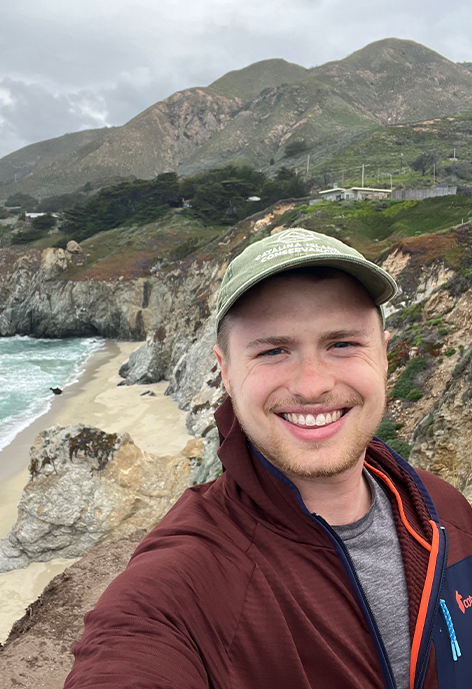
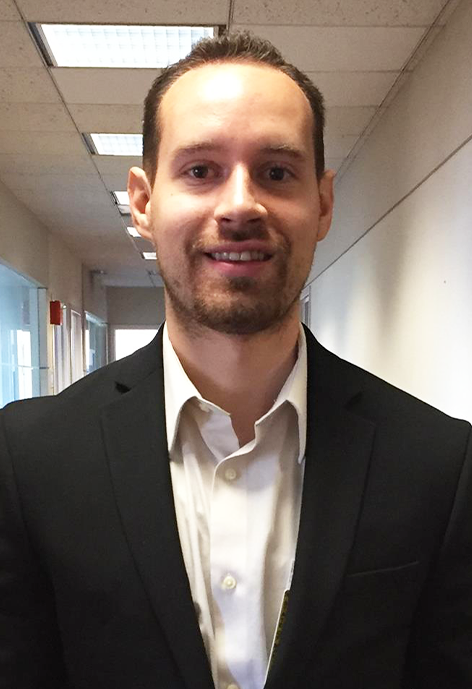
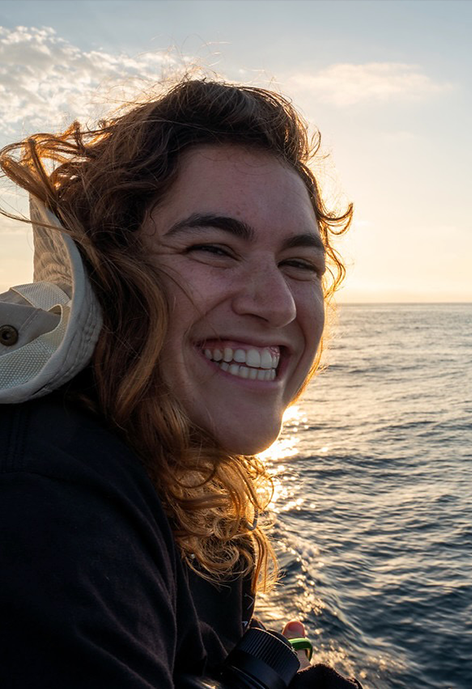
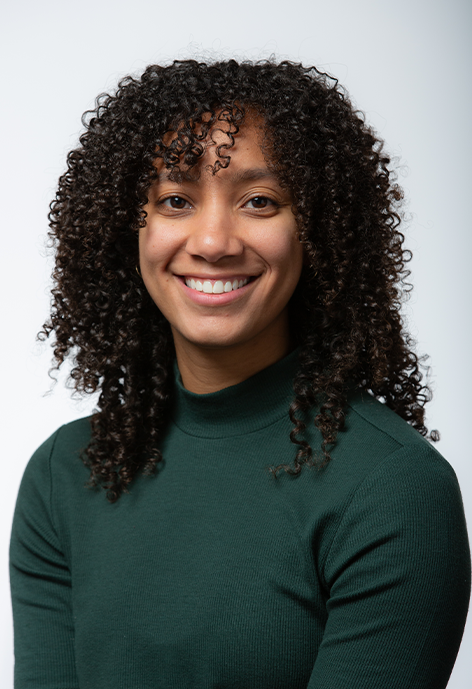
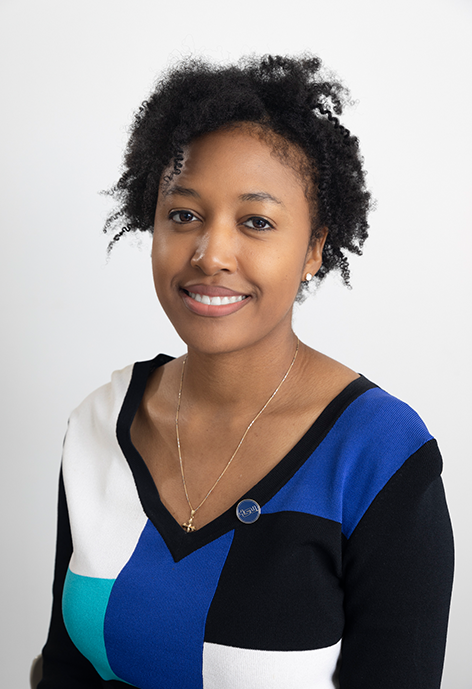
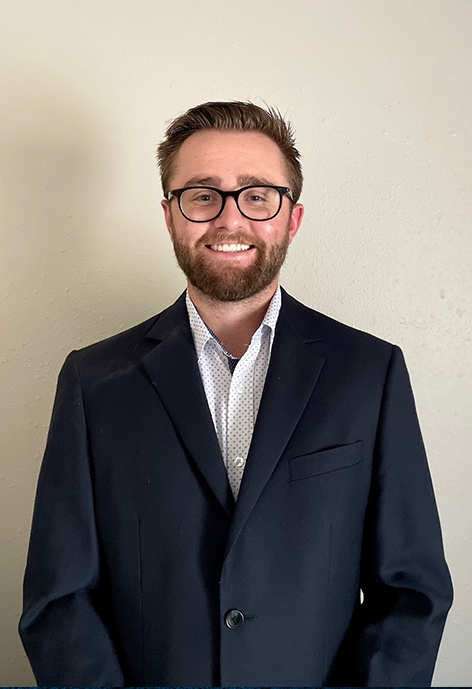
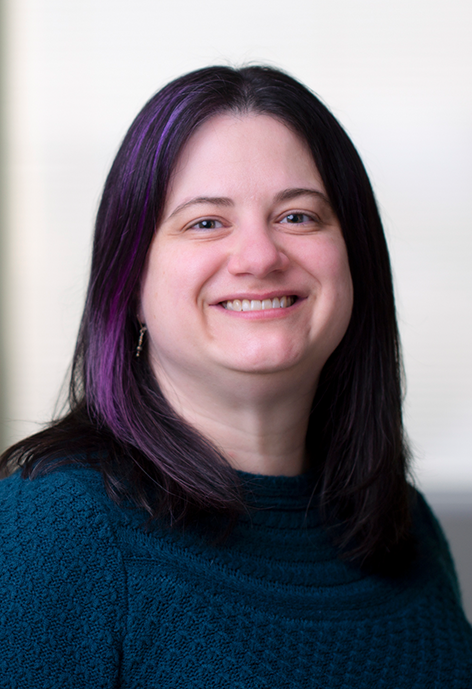
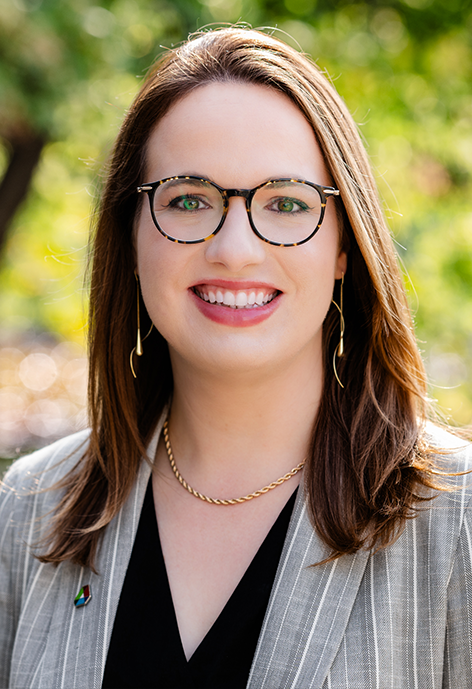
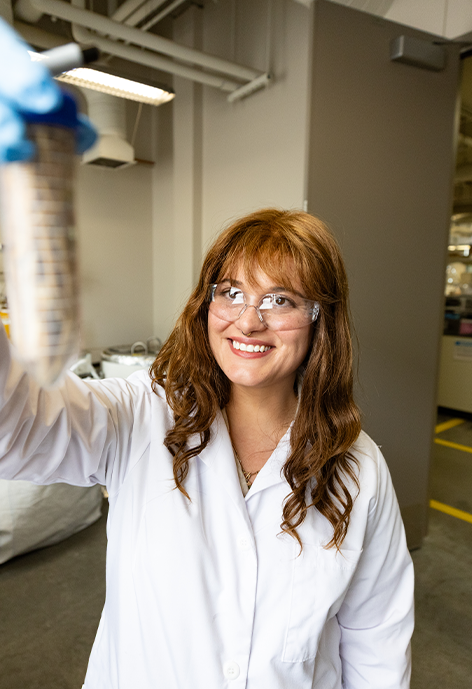
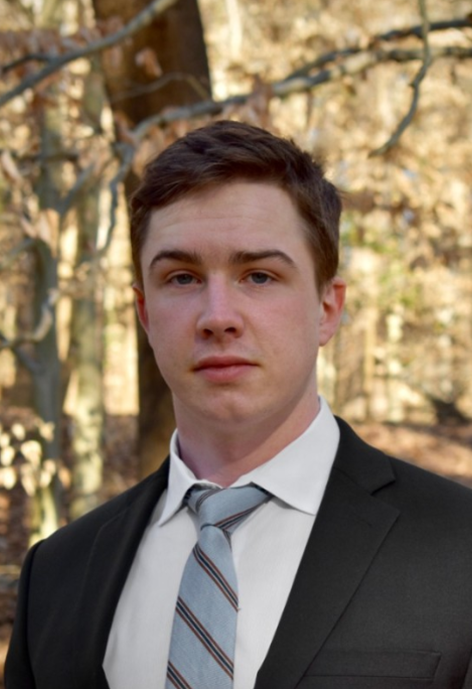
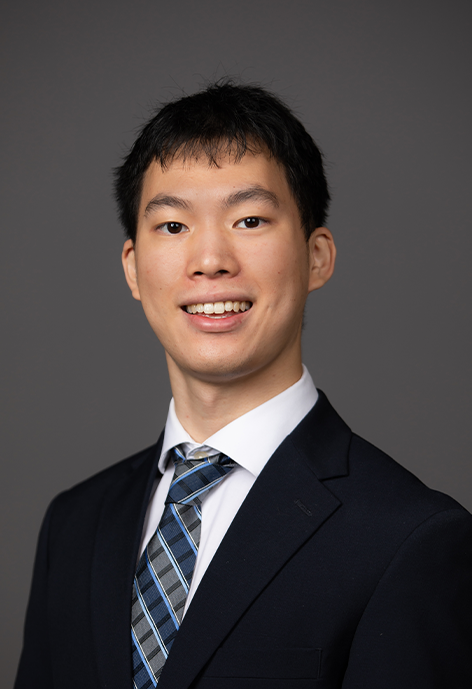

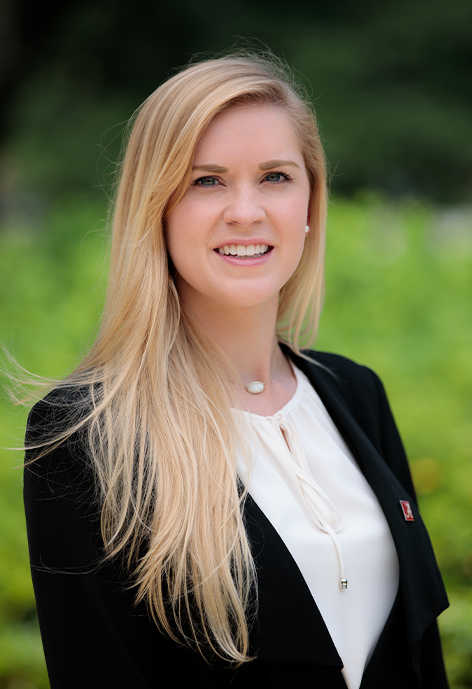
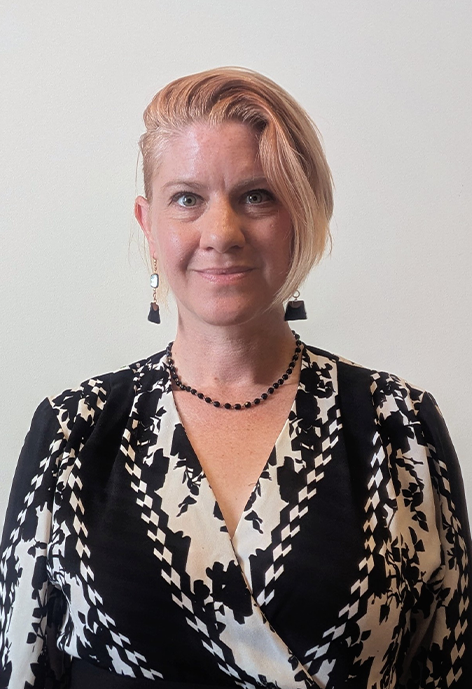
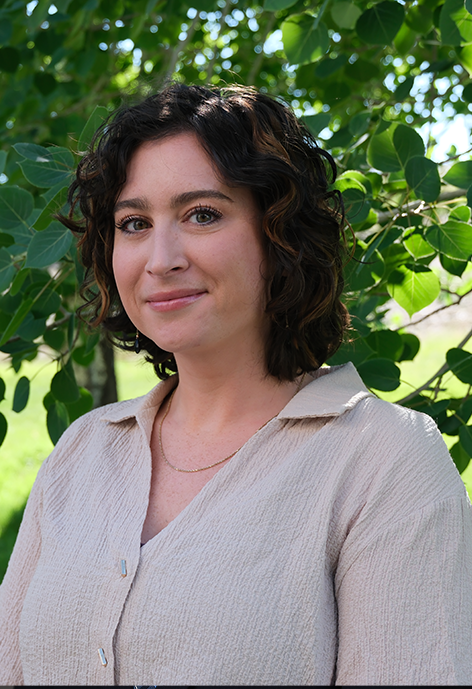
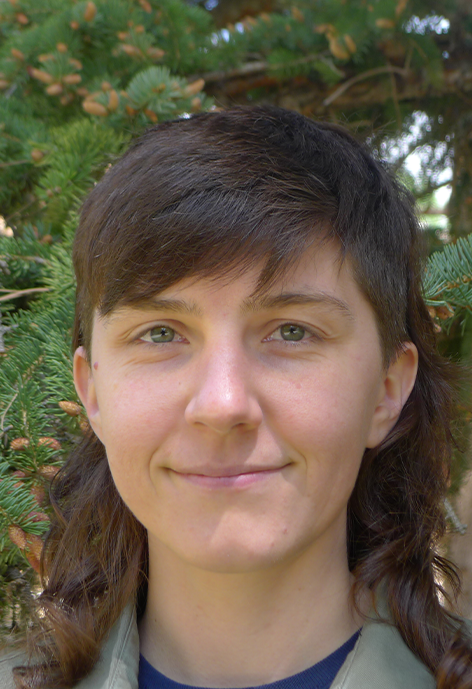
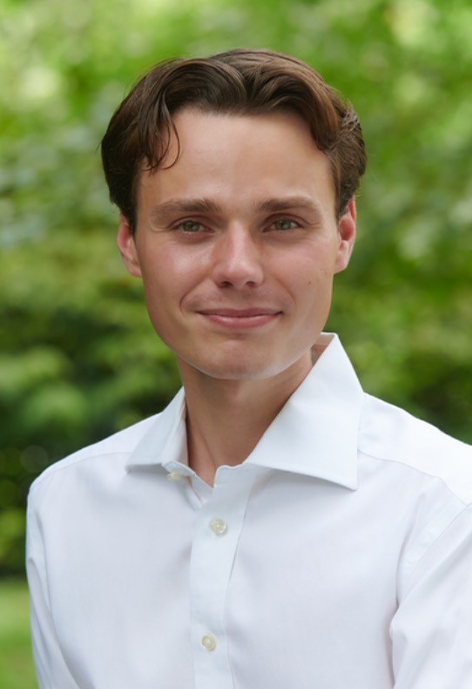
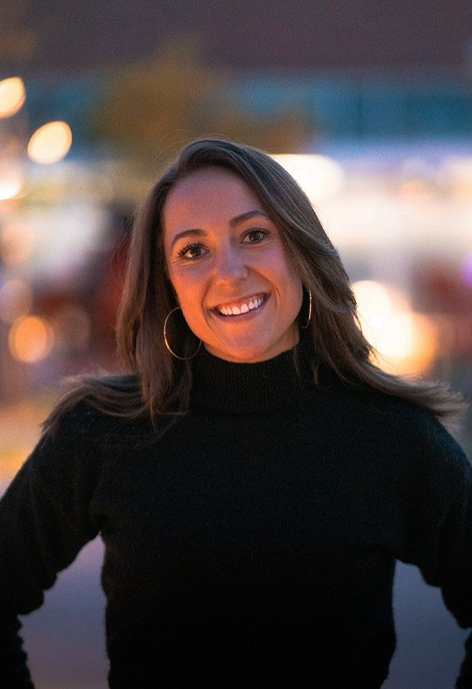
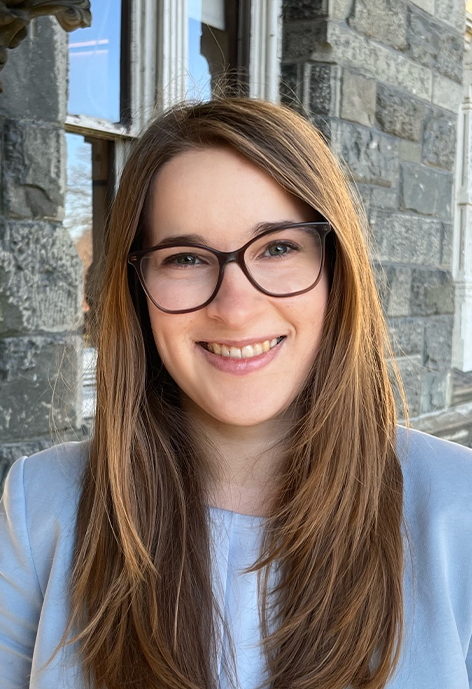
Alex Taylor
Alexander Taylor is a Geologist with the U.S. Geological Survey’s Geology, Energy, and Minerals Science Center, where he uses techniques such as electron microscopy and X-ray diffraction to locate critical minerals in mine waste. By focusing on the chemistry and mineralogical hosts of these elements, his research promotes the development of mine waste as an unconventional source of critical minerals. He also provides technical support for the Earth Mapping Resources Initiative (Earth MRI), a nationwide survey of potential domestic mineral resources. Previously, as a consultant to the U.S. EPA Office of Water, he helped to implement environmental regulations by reviewing permits for oil and gas wastewater injection. He holds a M.S. in Geology from the University of Maryland, College Park and a dual B.A. in Geology and International Relations from Colgate University.
Alexander Specht
Alexander Specht is the Associate Director of the University of Wyoming’s Center for Businessand Economic Analysis (CBEA). Alexander has several years of experience in fiscal policyanalysis, education policy, public utility regulation, and regional economic development. Hisresearch has been cited in academic journal articles, in U.S. Congressional testimony andcommittee reports. He has been cited as an authority in a significant U.S. Supreme Court case,has served as an expert witness on high-profile regulatory cases, been a featured panelist andspeaker at various events, and has had economic analyses featured on radio and television newsshows and quoted by the press. Alexander holds a B.S. in Finance and a B.S.in Economics fromGeorge Mason University and a M.A. in Economics from Claremont Graduate University.
Alexandra Levy
Alexandra “Sasha” Levy is a recent graduate of the Marine Biodiversity and Conservation master’s program at Scripps Institution of Oceanography in La Jolla, CA. Prior to graduate school she spent nearly ten years working in cybersecurity in the tech industry, most recently as an incident detection and response engineer. She went to Scripps to learn how she could merge her security experience with her passion for the ocean and environmental conservation. Her master’s capstone project documented oil spill risk in the Alaskan Arctic and investigated ways that emerging technology like satellite imagery AI and ML models can be used to mitigate residual risk. Although her research focused on hydrocarbons, her coursework in environmental economics and Latin American energy policy highly influenced her desire to bring her experience to critical minerals research.
Alexis Myers
Dr. Alexis Myers is a research scientist at the National Renewable Energy Laboratory working in the hybrid energy systems group. She holds a BS in Chemistry from Furman University and a PhD in Materials and Nanoscience from the University of Colorado Boulder, specializing in semiconductor photophysics. Critical minerals have been central throughout her 10 years in renewable energy research from incorporation in flux crystal growth for LED technologies to studying charge transfer dynamics in semiconductor heterostructures for use in solar fuels and photovoltaics. Following her PhD, Alexis was a Christine Mirzayan Science and Technology Policy Fellow with the National Academy of Sciences, where she served on the Board of Gulf Education and Engagement exploring the role of stakeholder input, workforce development and state and local policies in effective technology deployment. She is currently working on a project investigating the role of plasma technologies in critical mineral recovery. Alexis hopes to continue to deepen her understanding of the broader critical mineral supply chain and policy landscape.
Amber Spears
Dr. Spears is a Research Assistant Professor in the Civil and Architectural Engineering Department at Tennessee State University, where her research uses remote sensing, instrumentation, and geospatial analyses to understand the geoenvironmental impacts on earthen infrastructure. She is also the Program Coordinator for the new Minor in Mining Engineering Program at TSU that focuses on critical minerals, which is the only Mining Engineering program in the state of Tennessee. Before earning her PhD in Civil (Geotechnical) Engineering at Jackson State University, Dr. Spears earned her BS and MS in Civil (Geotechnical) Engineering from the University of Michigan and the University of Texas at Austin, respectively. Following obtaining her master’s, she worked in the civil engineering consulting industry and obtained her PE license in Civil (Geotechnical) Engineering from the State of Michigan, focusing primarily on solid waste/landfill geotechnical investigations, design, and permitting for commercial, municipal, and federal clients.
Brody Loomis
Brody Loomis is a graduate research assistant and M.S. candidate in Energy and Earth Resources at the Jackson School of Geosciences, University of Texas at Austin. He is finalizing his thesis on the rare earth element (REE) mining industry, with a focus on strengthening U.S. domestic production to reduce reliance on China. His research explores the root causes of U.S. dependence on foreign REE supply, evaluates comparable supply-side policies across critical sectors, and assesses the feasibility of a federal support mechanism for domestic REE producers. As a research assistant, Brody contributed to an NSF-EFRI project led by the Cockrell School of Engineering, analyzing the environmental impacts of conventional REE supply chains in comparison to sustainable emerging bio-extraction technologies.
Denise Levitan
Denise Levitan is a Research Geologist in the Geology, Energy & Minerals Science Center at the U.S. Geological Survey in Reston, VA. Her research focuses on critical and trace elements associated with solid energy fuels, studying the geochemistry and mineralogy of coal refuse, coal combustion byproducts, and uranium mine waste. As a member of the Society for Mining, Metallurgy & Exploration, Denise serves as an associate editor for the journal Mining, Metallurgy & Exploration and is an alum of the Young Leaders Committee. Prior to joining USGS, she spent nearly nine years as an environmental and natural resources consultant. She holds a professional geologist license in Utah, a Ph.D. in geosciences from Virginia Tech, and a B.S. in geology from Yale.
Eva Allen
Dr. Eva Allen is a materials scientist at Argonne National Laboratory with nearly a decade of experience across the lithium-ion battery supply chain, including synthesis, scale-up, cell development, performance testing, and direct recycling technologies. She specializes in processes for critical material recovery and synchrotron-based characterization to advance energy solutions. Dr. Allen leads advanced characterization efforts at the DOE-funded Minerals to Materials Supply Chain Facility (METALLIC), which brings together nine national labs in support of building and scaling technologies to support the domestic critical mineral supply chains. Her work focuses on developing synchrotron-based methods to study extraction, separation, and purification processes in real-time. She has developed processes in selective lithium recovery and cathode upcycling strategies, leading to two filed patents. Her interdisciplinary approach bridges fundamental science and scalable process development to drive impactful solutions that align with national energy and resource security priorities.
Gabriella Morales
Gabriella Morales is a staff researcher in the Material Recycling and Recovery group atIdaho National Laboratory, where she focuses on advancing microbially-based criticalmineral recovery solutions. She is particularly interested in harnessing the uniquebiochemical capabilities of microbes that enable eective, low-input, and environmentallyfriendly extraction and separation processes. Gabriella holds a Master of Science inEnvironmental Engineering from the University of Illinois at Urbana-Champaign and aBachelor of Science in Civil Engineering with a focus on Environmental Engineering fromTexas A&M University. Through her research, she aims to strengthen the resilience of thecritical mineral supply chain by unlocking new extraction and separation methods thatharness the often-underestimated capabilities of microbes.
Jacob Tidwell
Jake Tidwell is a PhD student at the University of Colorado, Boulder. He currently studies geological hydrogen production, including how to stimulate its production in the Samail Ophiolite of Oman. Prior to starting his PhD, he completed an MS at the University of California, Santa Cruz working with the Global Marine Minerals team at USGS where he studied marine mineral occurrences off the coast of Northern California. He has also worked with ARPA-E, Eden GeoPower, and spent a field season working on a copper exploration project in Northern Alaska. Jake is building expertise to pursue entrepreneurial opportunities in the mineral and energy industries.
Jason Yao
Jason Yao is a Ph.D. student in the Department of Chemical Engineering at Carnegie Mellon University, where he is advised by Dr. Chrysanthos Gounaris. His research focuses on using process modeling and robust optimization methods for diversifying supply of critical minerals and materials and reducing risks to disruption in these systems. In this work, he has developed membrane cascade models for the Process Optimization and Modeling for Minerals Sustainability (PrOMMiS) initiative and explored designs that allow these systems to maintain recovery performance across a variety of uncertain scenarios. Prior to joining Carnegie Mellon, Jason earned a B.S. in Chemical and Biomolecular Engineering from the Georgia Institute of Technology.
Kalyn Tew
Kalyn Tew, P.G., is a Ph.D. student in the Department of Geological Sciences at the University of Alabama where her research focuses on the identification and characterization of lithium (Li) and rare earth elements (REEs) in coal ash. As part of her work, she has collected and analyzed over 500 coal ash samples from ten impoundments across the southeastern U.S., uncovering key correlations between REEs and Li with coal source, mineralogy, and major oxide content. Her research includes the development of 3D geochemical models for two impoundments, which support efforts for targeted critical mineral extraction. At present, Kalyn is expanding her research to include public policy and economic assessments, a vital next step to evaluating the viability of coal ash as a feedstock. Kalyn is also the Environmental Program Manager at University of Alabama – SafeState, an environmental consulting group. She holds a Professional Geologist license and is passionate about the connections between science, the environment, critical minerals, and resource management.
Katherine Gomes
Katherine Vaz Gomes is a Decarbonization Engineer at Carbon Direct, where she works to scale engineered carbon removal technologies and developing strategies to decarbonize the concrete, steel, and mining industries. She recently completed her PhD in Chemical and Biomolecular Engineering at the University of Pennsylvania, where her research explored the intersection of geochemistry and hydrometallurgy to couple critical mineral recovery with carbon mineralization. Katherine brings a blend of expertise in process engineering, techno-economics, and policy with a focus on leveraging industrial waste materials as sources of critical minerals and carbon storage. In her current role, she’s passionate about advancing environmental attribute certificates for low-carbon commodities and building levelized cost of carbon abatement tools to drive industrial decarbonization. Katherine is excited to bring her interdisciplinary perspective to CMLA and explore how innovative approaches to critical mineral development can build a future that is both more resilient and more sustainable.
Martha Newell
Martha Newell is the Director of Government and Political Affairs at the National Mining Association, where she leads policy initiatives focused on hardrock mining and the association’s Workforce Development Working Group. Her career in public service includes serving as a legislative assistant to the late Representative Don Young (R-AK) and as legislative director for Representative Mary Peltola (D-AK), with a focus on natural resources, mining policy, and public lands access. A proud U.S. Army veteran, Martha served in Iraq as a medic attached to an Explosive Ordnance Disposal team, earning a Combat Medic Badge for her service under fire. She holds a Master’s degree from the University of Hawaii at Manoa, where her research explored ocean acidification and coral reef recovery following a mass bleaching event. Martha brings a unique perspective shaped by science, service, and policy, making her a powerful advocate for responsible resource development and workforce advancement in the mining sector.
Morgan Hill
Morgan Hill is a geologist with over ten years’ experience employed by federal and state agencies in research, permitting, and regulatory roles. As a geologist with the Bureau of Land Management in southwest Wyoming, she directly oversees federal permitting and compliance of locatable mineral projects. Morgan also administers the leasable, saleable, and abandoned-mine-lands solid minerals programs for three field offices, overseeing a combined twelve million acres of federal surface and mineral estate. She holds a bachelor’s degree in Geology from the University of Alabama, and a master’s degree in Geology from Auburn University where her thesis research focused on speleothem paleoclimate reconstructions.
Patty Weber
Patty Webber is a geologist at the Wyoming State Geological Survey (WSGS) in the Energy and Mineral Resources division, whose work strives to further the scientific understanding of Wyoming’s critical and non-critical mineral resources, particularly those hosted in igneous and metamorphic rocks. In this role, Patty collaborates with other subject-matter experts within the WSGS, USGS, academia, and industry to serve Wyoming’s geologic data needs through geologic mapping, geochemical and geochronological reconnaissance, and petrographic characterization, and to disseminate this information through reports, maps, public outreach, and educational events. Her work has helped develop mineral system models and critical mineral system databases for Wyoming, and paved the way for broad coverage for new geophysical surveys over areas deemed highly prospective for critical mineral deposits. Patty earned her Master’s degree in Geology from University of Iowa and a B.S. in Geology and Geophysics from Purdue University.
Samuel Oswald
Samuel Oswald is based in Washington, DC as a US Policy Advisor at Glencore – one of the world's largest globally diversified natural resource companies. Previously, he spent five years with Eni – an Italian multinational energy company – as a Policy Specialist. Sam is a non-resident fellow with the Atlantic Council’s Global Energy Center. And he holds a M.A. from Columbia University and a B.S. from Georgetown University. Sam is originally from Bucks County, Pennsylvania.
Veronica Wilde
Veronica Wilde is a Research Scientist at Carbon Solutions LLC, where she focuses on external communications and stakeholder engagement strategies for carbon management projects across the country. Her work supports the integration of technical solutions—like carbon capture and storage—with community values, land use considerations, and long-term regional planning. She plays a role in shaping how the company communicates its impact, both publicly and within strategic partnerships. Before joining Carbon Solutions, Veronica led external communications for an AAPL-accredited undergraduate program in energy management, where she helped expand industry engagement, launch field-based workforce training initiatives, and secure cross-sector support for applied learning. Her background bridges higher education, public sector program design, and private-sector decarbonization efforts. Veronica is particularly interested in the intersection of mineral development, permitting, and community planning. She hopes to apply insights from the Critical Minerals Leadership Academy to strengthen collaborative approaches to infrastructure siting and help ensure that the mineral supply chain supports both decarbonization goals and local priorities.
Yasmine Adrian
Yasmine Adrian is a recent graduate of Georgetown University’s School of Foreign Service. She earned her M.A. in European Studies with a focus on international trade and international business diplomacy. During her studies, she spent a semester at the Hertie School in Berlin, where she researched the impact of lithium mining on water supplies, created policy proposals for financial initiatives to ensure water sufficiency in mining, and analyzed trade policies and tariffs on critical minerals. Her master’s capstone investigated German and U.S. trade policies and strategies for critical mineral trade with China. Through internships with BMW, she learned about the critical minerals necessary for electric vehicle production and is particularly interested in researching critical mineral supply chain challenges, uses for energy, and role in trade strategies.

